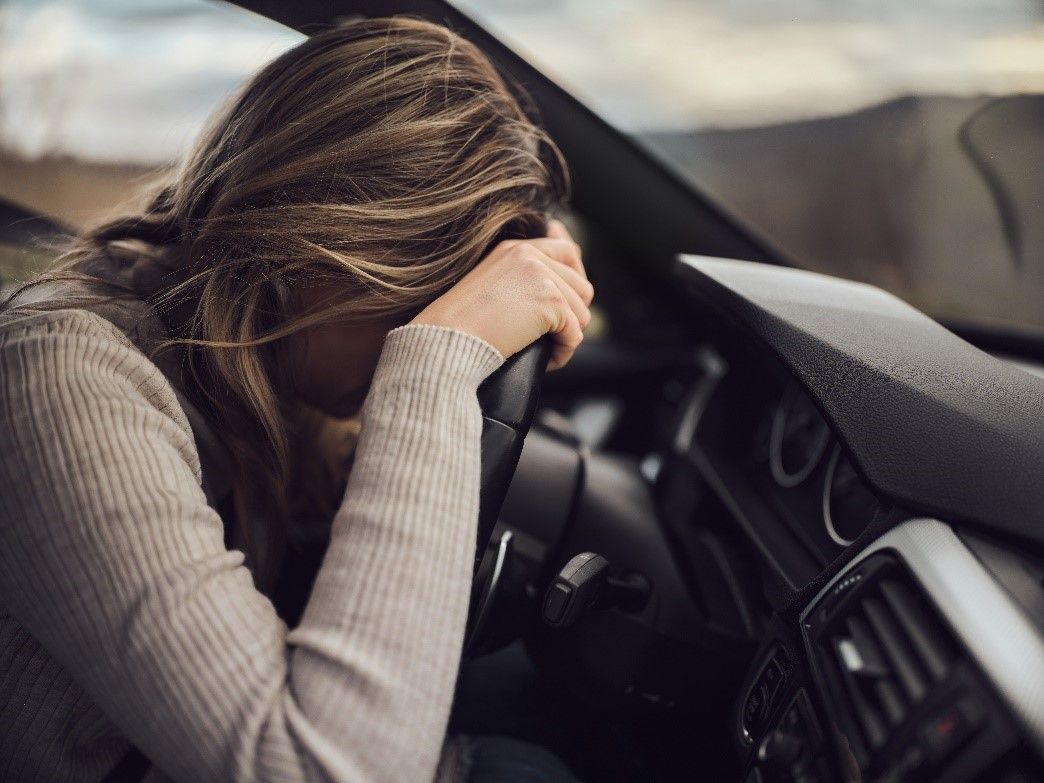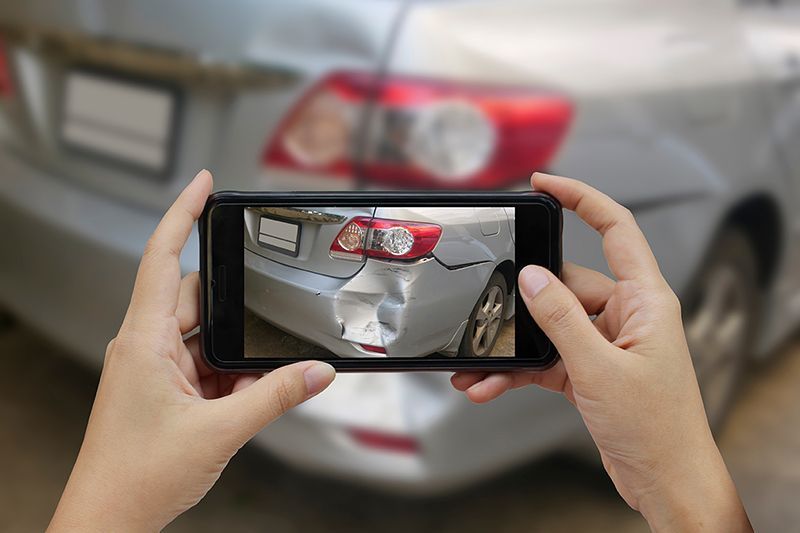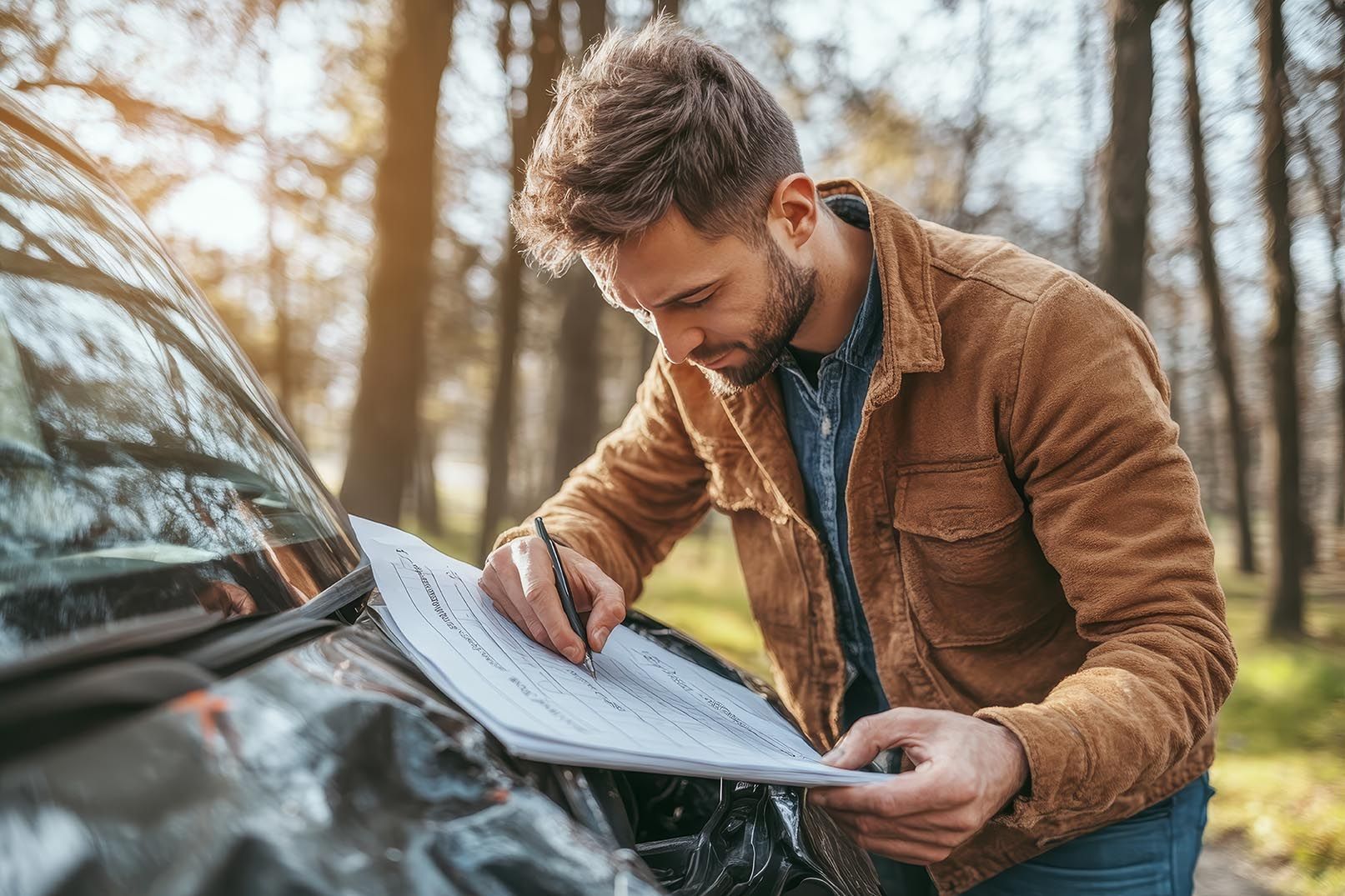BLOG
Drowsy Driving vs Drunk Driving

Many auto accidents occur due to varying situations, such as speeding, reckless driving, extreme weather, road conditions, and more. However, there are two common incidents that have distinct differences but also share similarities: drowsy and drunk driving. Here’s what you need to know:
What is Drowsy Driving?
This type of vehicle accident occurs when a driver is fatigued or sleepy. Aside from insufficient sleep or rest, this stems from certain medications, extended work hours, or untreated sleeping disorders, posing risks similar to those associated with drunk driving.
That said, drowsy driving often leads to slow reaction times, impaired judgment, lapses in concentration, and microsleeps, increasing the risks of road accidents. In some cases, the driver may even fall asleep at the wheel, leading to more catastrophic results. To prevent drowsy driving, here are some tips:
- Ensure adequate sleep before driving
- Recognize the signs of fatigue
- Take breaks or naps during long trips
- Avoid taking drowsy medications before driving
Drunk driving involves operating a vehicle after consuming alcohol. This impairs cognitive abilities and motor functions, leading to slowed reaction times, reduced attention, poor judgment, and decreased coordination. These effects make it challenging for drivers to respond effectively to changing road conditions, other motorists, and potential hazards, leading to higher risks of accidents.
The most effective way to avoid drunk driving is never to drive when you are under the influence of alcohol. Instead, utilize alternative transportation options, like taxis or ride-sharing services like Uber. You can also appoint a designated driver if you’re expecting to drink and not risk putting yourself or others in danger.
What Are Their Similarities?
Both drowsy and drunk driving share the same accident-causing effects, which include impaired reaction times, poor decision-making, lack of focus, and reduced coordination. Driving with these conditions endangers the drivers' lives and poses a substantial risk to pedestrians and other road users, often resulting in severe injuries, property damage, and even fatalities.
Legally, individuals caught driving under the influence (DUI) of alcohol or demonstrating reckless behavior due to drowsiness may face fines, license suspension, and even imprisonment. Still, these legal consequences may depend on the accident. So, consulting a reliable auto accident attorney is crucial.
Learning about drowsy driving vs drunk driving can help motorists be aware of their risks and how to avoid them. Dealing with auto accidents like these can be stressful and traumatizing. So, if you’ve been involved in one, consult a trusted lawyer. Contact Fitch & Stahle Law Office if you need a legal representative in IA and NE for a DUI accident and more.


